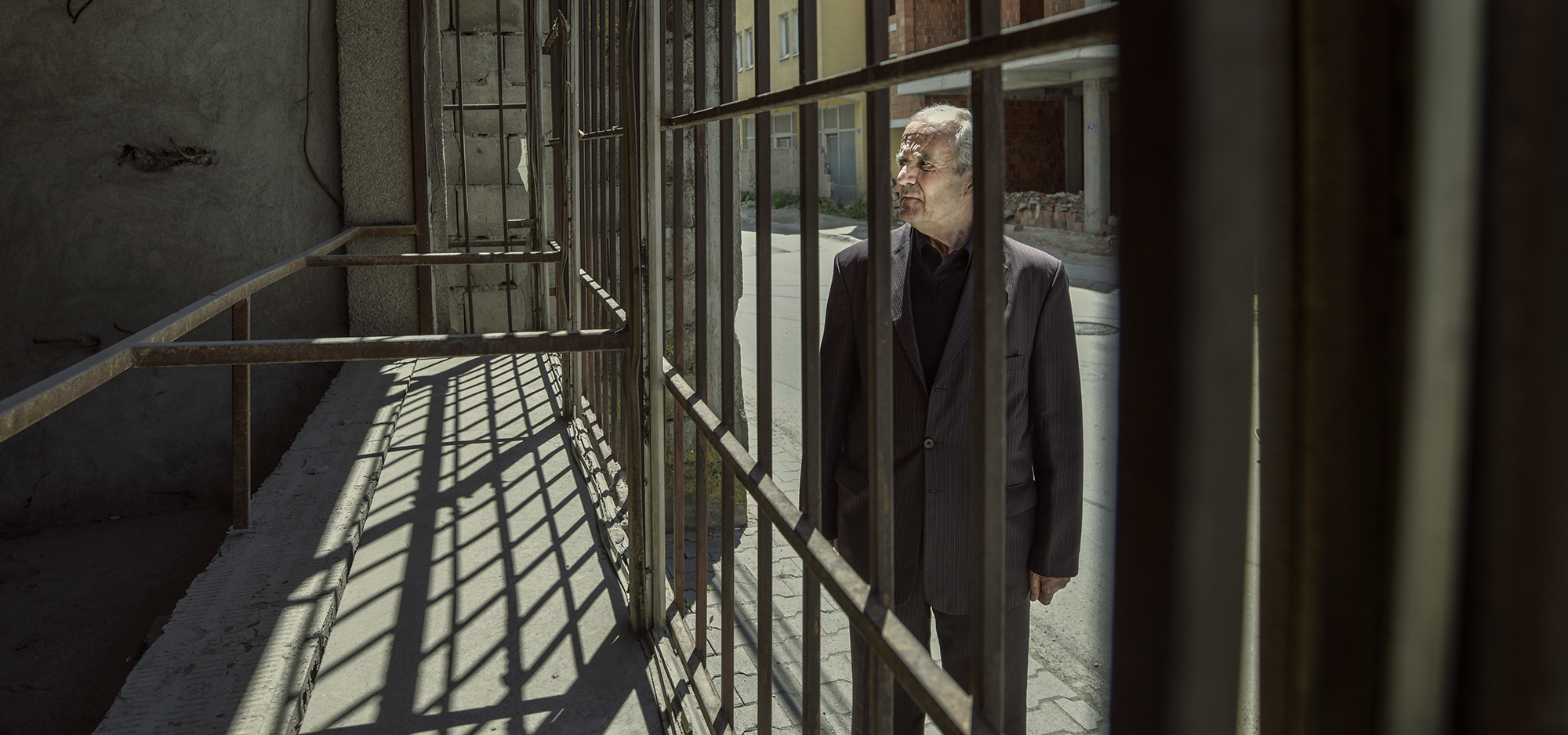
The Massacre of May 22 Street
Three families connected by Vushtrri tragedy.
“I regret saving him that day.”
Demanding justice

Ngadhnjim Avdyli
Ngadhnjim Avdyli is a former K2.0 staff journalist, covering mainly politics, governance and social justice issues. He has a degree in journalism from the University of Prishtina.
This story was originally written in Albanian.